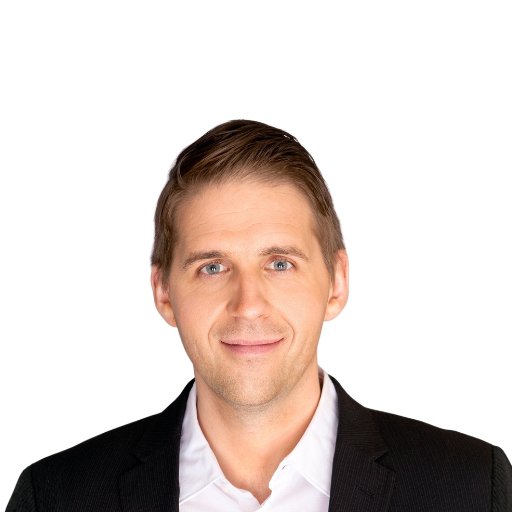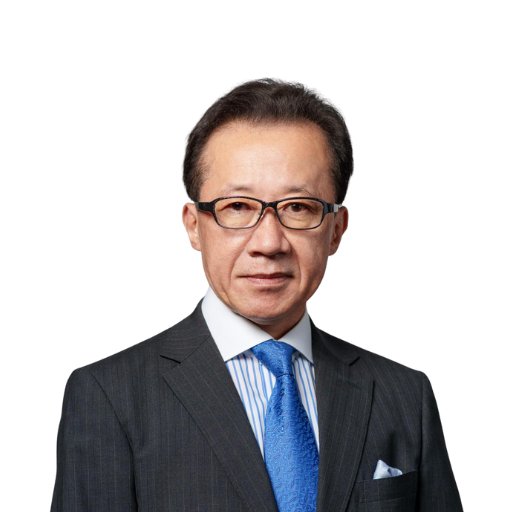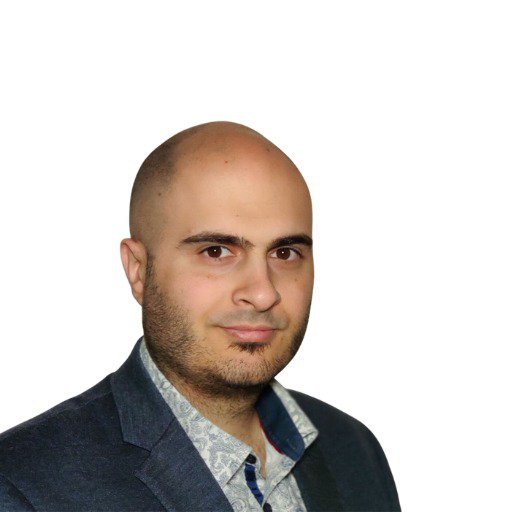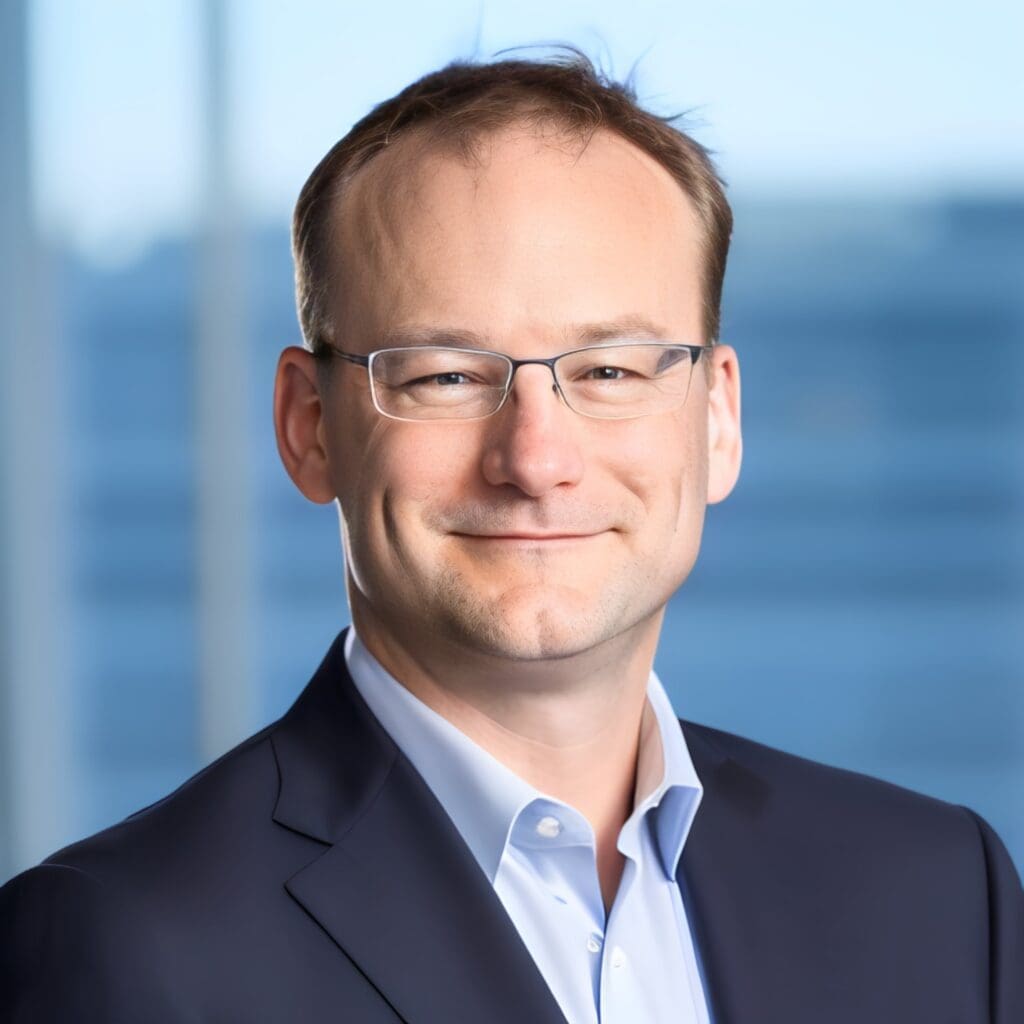When people hear sustainability, some might straight away think – oh yes a reusable coffee cup. Perhaps, however in this context we’re talking about sustainability within tech businesses and what does this mean and more importantly – what does that look like?
Luke Hargreaves, Founder and CEO from Aquainnis chatted to me about the urgent need for organisations to embrace sustainability practices, not simply as a moral imperative, but as an essential business strategy for securing long-term success. The significance of placing sustainability capabilities within larger corporations under the office of the Chief Financial Officer (CFO), stressing the heavy reliance on data and its impact on core business operations.
At a rudimentary level, Hargreaves simplified what ‘sustainability’ really meant – the ability to continue activities without depleting finite resources. The broader definition of sustainability, encompasses economic, environmental, social, and governance aspects. Not the misconception that sustainability is solely environmental in nature or ‘coffee cups’.
“Companies will jump in and have a conversation about sustainability and just talk about their coffee cups.”
There are economic benefits of sustainability, including efficient resource utilisation, thereby leading to significant cost savings for businesses. There is a growing market towards the adoption of sustainability among younger generations, which hold companies feet to the fire about the potential consequential impact on brand image and as a result can lose market share.
Greenwashing, is another factor that is emerging amongst corporates where companies make false sustainability claims to deceive customers. Virtual signalling is a thing – and companies are doing it. The Sustainability Executive discussed the need for transparency and accountability, pointing to international frameworks like the UN Global Compact aimed at holding companies responsible and honest.
“If you can afford to run your website, or your app from North Virginia, then you're running on 100% renewable energy overall. And you can then say to the market, we do use 100% renewable energy. And that's not greenwashing.”
The regulatory landscape of sustainability, with the EU leading the charge in sustainability reporting requirements, showing a clear shift in global policy towards environmental responsibility. Mr Hargreaves addressed that we need to start thinking about sustainability before 2040, given the impending tipping points concerning finite resources and global allocation.
Hargreaves shared practical insights from his experience with Amazon Web Services, outlining how sustainability practices were seamlessly integrated into cloud infrastructure design, setting a target to run on 100% renewable energy by 2025.









